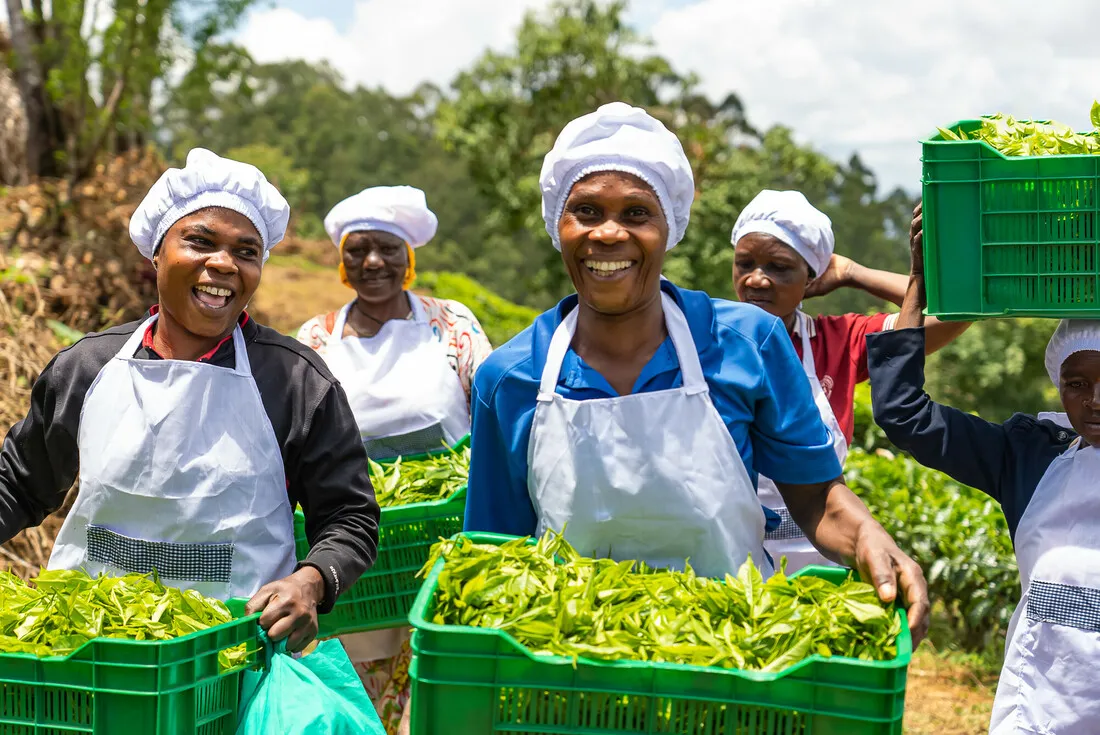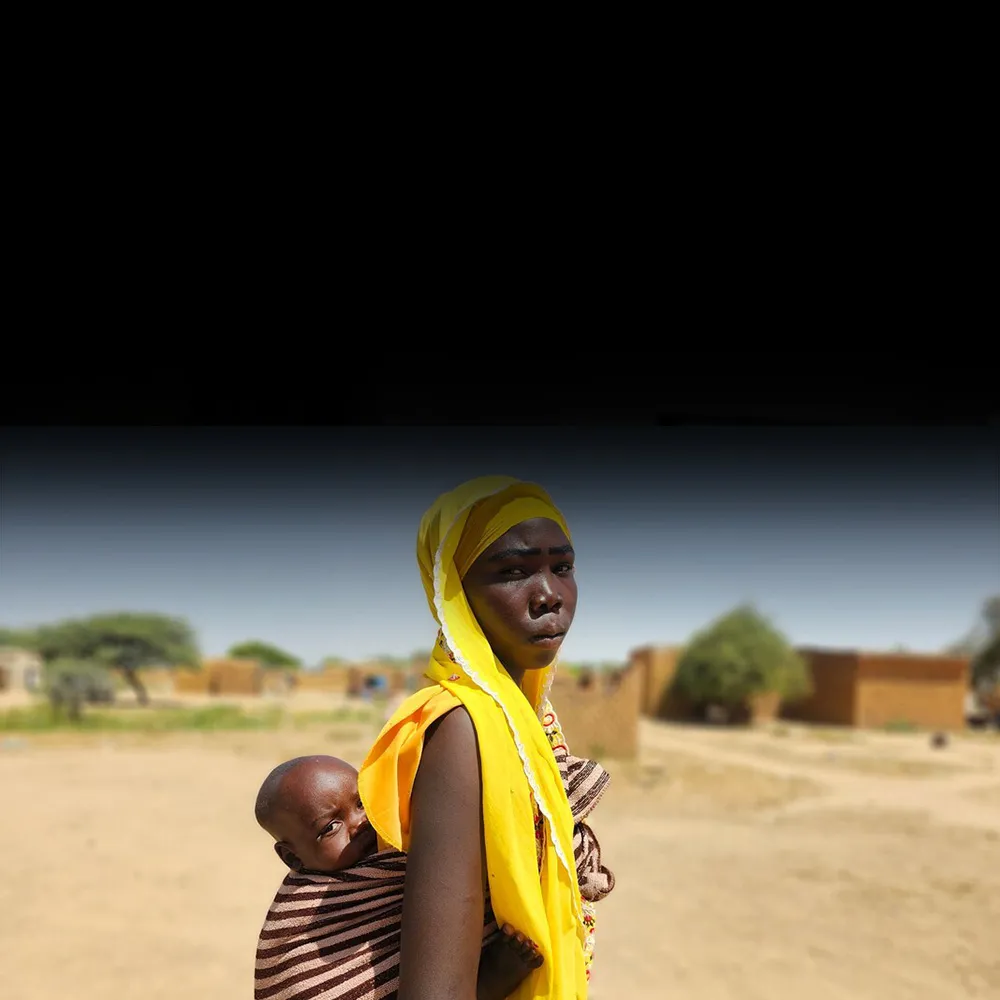A value chain is the full range of activities, from production to marketing to distribution, that bring a product from its conception to the consumer.
CARE promotes changes in value chains that generate positive, sustained impacts for large numbers of households in terms of income, employment, power relations, and access to products and services that empower people experiencing poverty to better their lives.


